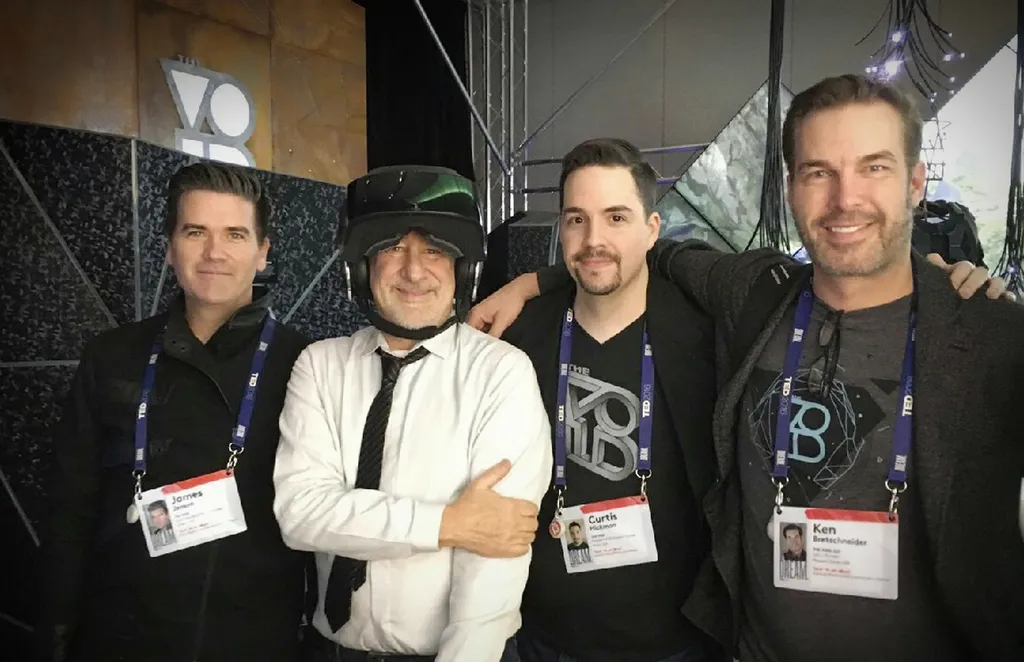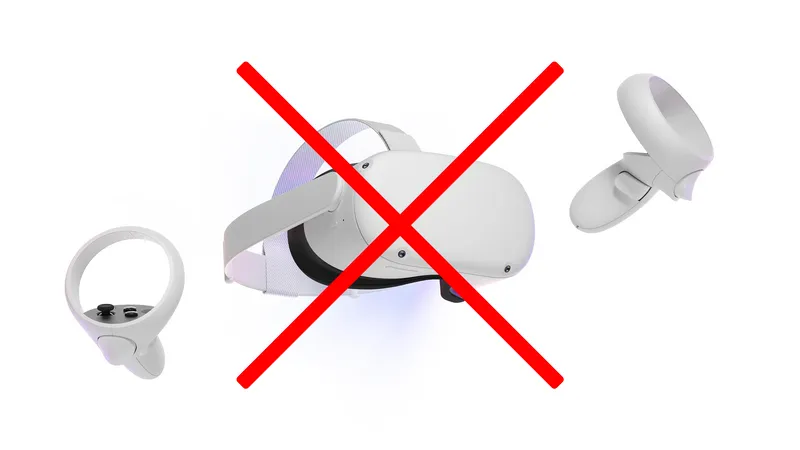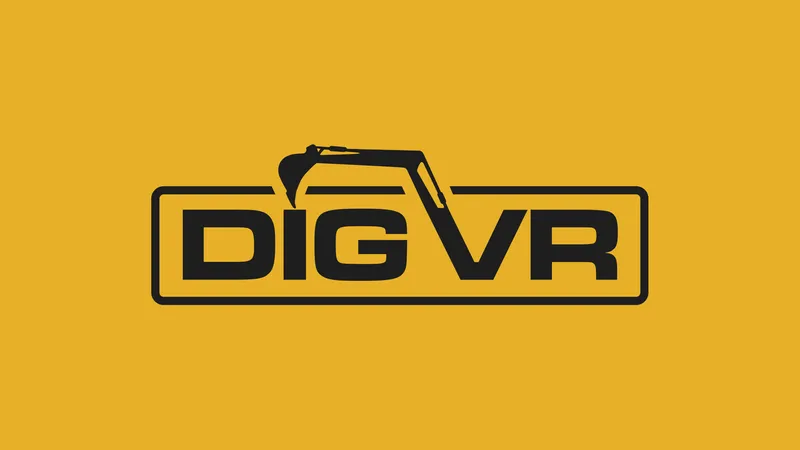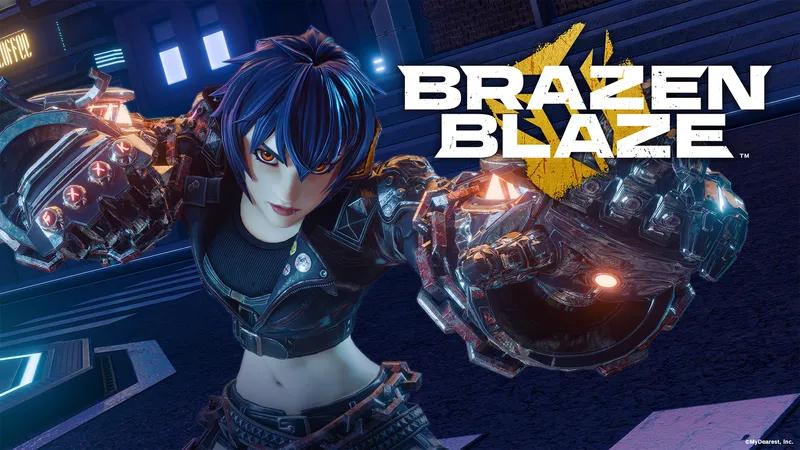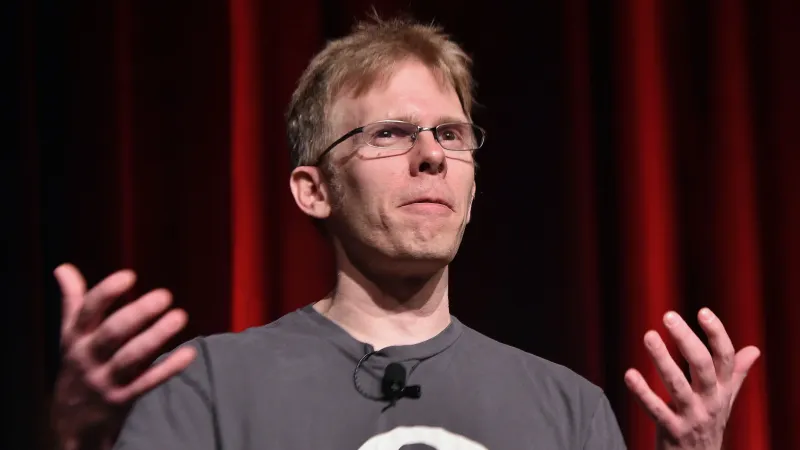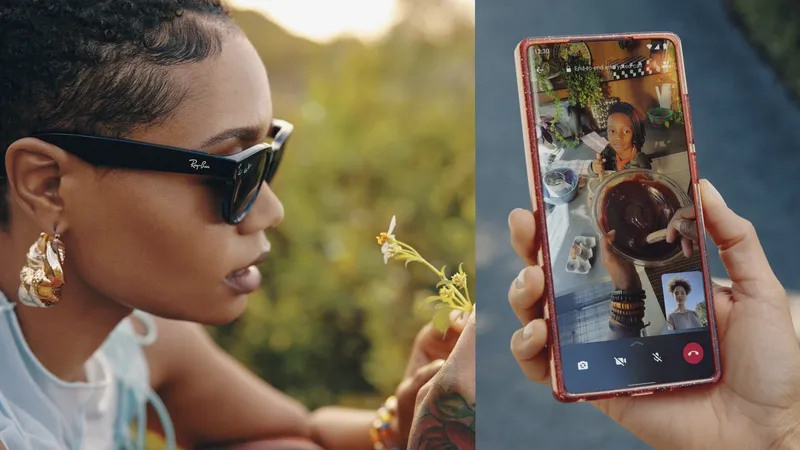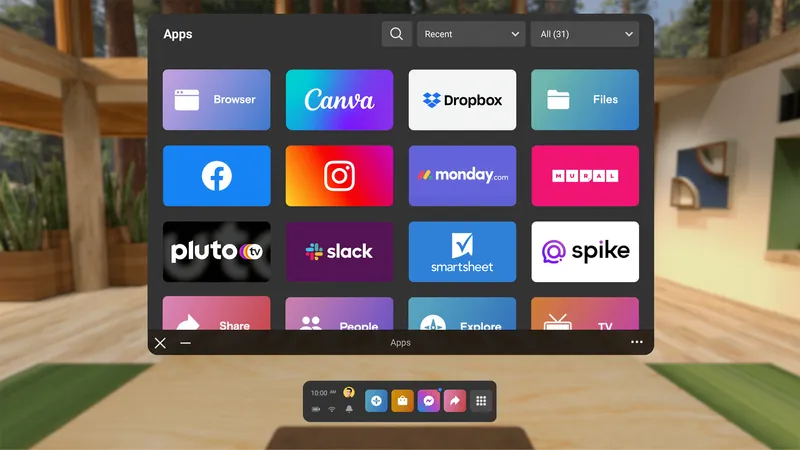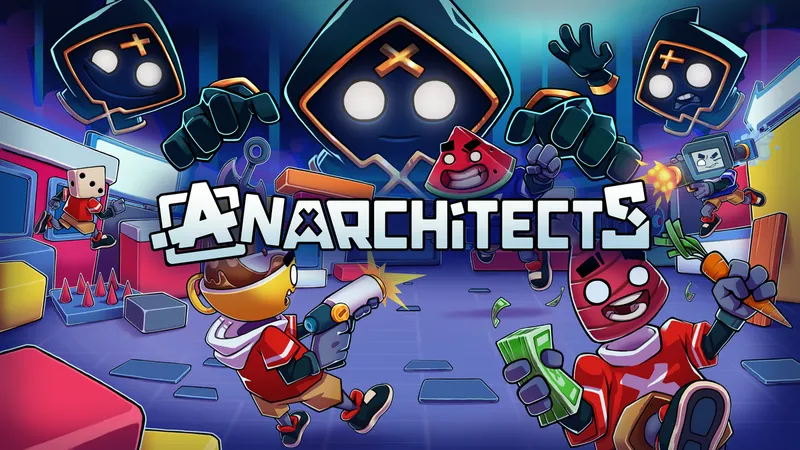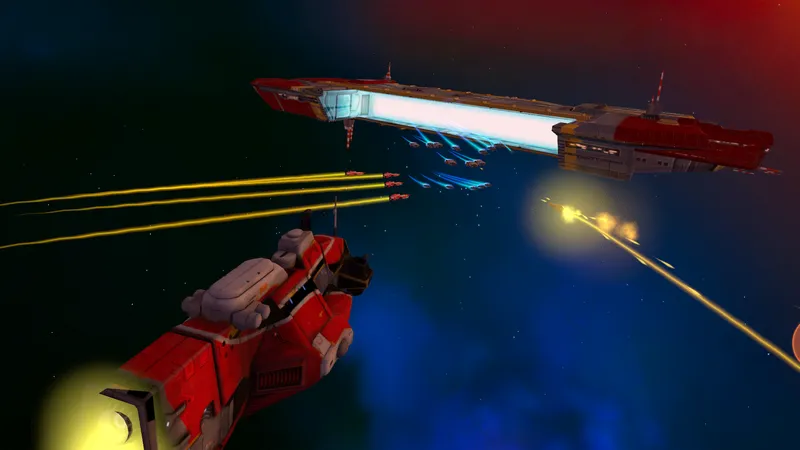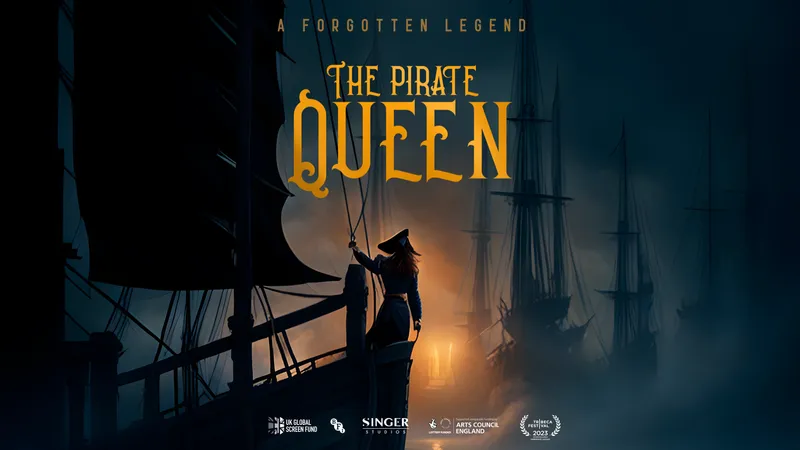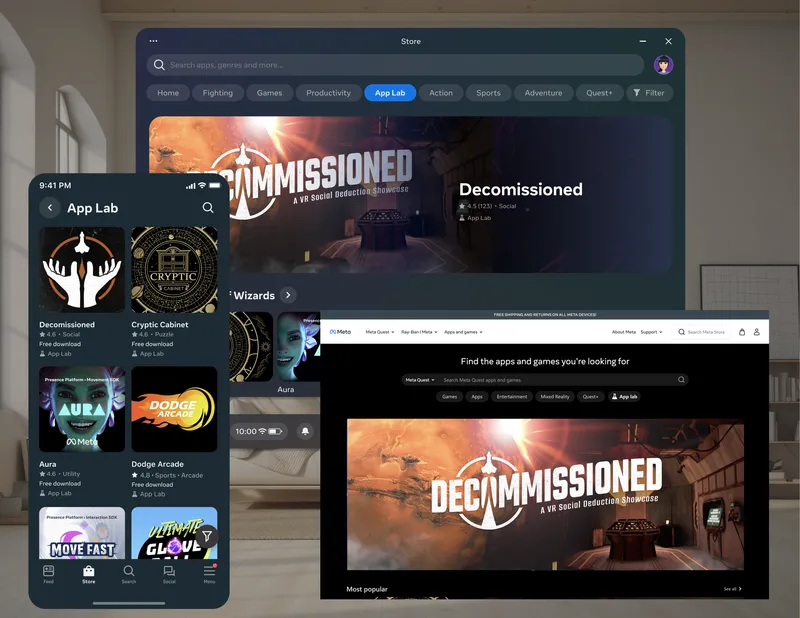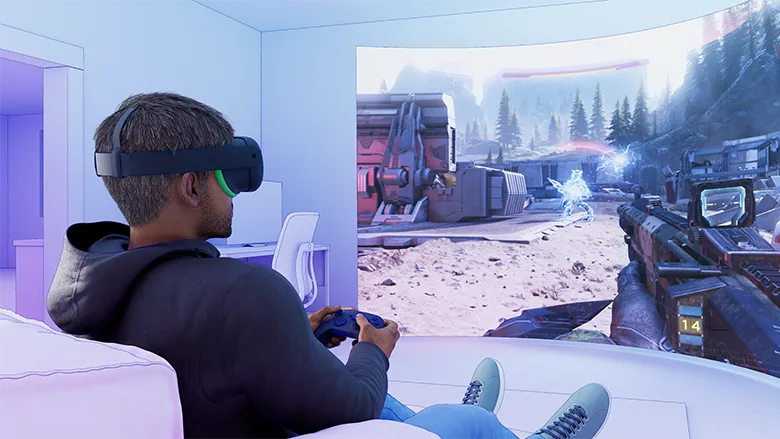This is an open letter to Steven Spielberg, who recently made the following comments about VR to China’s cctv.com at the Cannes Film Festival this year:
“I do think that we are moving into a dangerous medium called virtual reality, the only reason I do say that it is dangerous is because it gives the viewer a lot of latitude not to take direction from the story tellers but make their own choices of where to look, so when virtual reality – which is going to take hold in a profound way – I just hope it doesn’t forget the story when it starts enveloping us in our own world that we can see all around us and make our own choices of what to look at.”
Dear Mr. Spielberg,
First of all, big fan – your movies have touched a number of lives including my own, and your impact on the film industry and talent as a director are without question. That is why I was so excited when I saw you joined the board of a virtual reality content company to create your own piece of content, and was so disappointed when I saw your recent comments.
For over a century, the director has played an incredibly important role in storytelling in film – they are the ones who unify the creative vision. Perspective and framing can change the narrative of a piece immensely. In VR this becomes much harder, but not impossible.
Directors of VR films have been hard at work at creating methods to direct the user’s attention around an immersive scene, there are even start ups aimed at solving that very problem.
To call VR “dangerous” for filmmaking is to discount what the medium is at its very core, something wholly new. There is a new language that is being created as I type these words.
Whereas traditional filmmaking requires a storyteller to craft a narrative for thousands to millions of people to grasp at once, VR requires you to craft a narrative that millions of people can experience individually. The uniqueness of the individual experience is one of the things that makes VR so compelling, not something that makes it dangerous.
For traditional filmmakers this obviously presents a problem. It has been publicly stated that you have a strong vision for your films that you meticulously carry out. With VR, you have to sacrifice some of that control – which may seem “dangerous” or even scary. But what you lose in control you gain in connection and meaning.
I remember walking into an experience at Sundance two years ago called Chapter One: The Party which portrayed a date rape from the perspective of both the male and the female. I walked out in tears. And I was not alone, I watched and spoke with a number of individuals as they exited the experience over the next hour – many of them also in tears. It was in that moment I was convinced of virtual reality’s potential impact as a storytelling medium.
That moment showed off just how powerful and impactful VR could be, but it also showcased its ability to tell a story, and not just any story but the ones the director intended to tell. It didn’t matter where you looked – you left thinking about the issue of date rape.
That’s just one kind of film though, and is a far cry from the types of blockbusters you have created in the past, obviously, but these are still the baby steps. It took years for us to get to the masterful understanding of storytelling in film that we have now, and I anticipate it will take us time to get there with VR as well. VR will never replace film, just as film and TV didn’t replace radio – it will simply open new avenues for inventive forms of content to be created.
Branching narratives, interactivity, deeper connection with characters, social interaction with the cast and crew, the possibilities for what VR can do are endless.
Virtual reality isn’t dangerous to storytelling – far from it – rather, virtual reality adds a brand new degree of vigor to it.
Sincerely,
Will Mason
Editor in Chief, uploadvr.com

